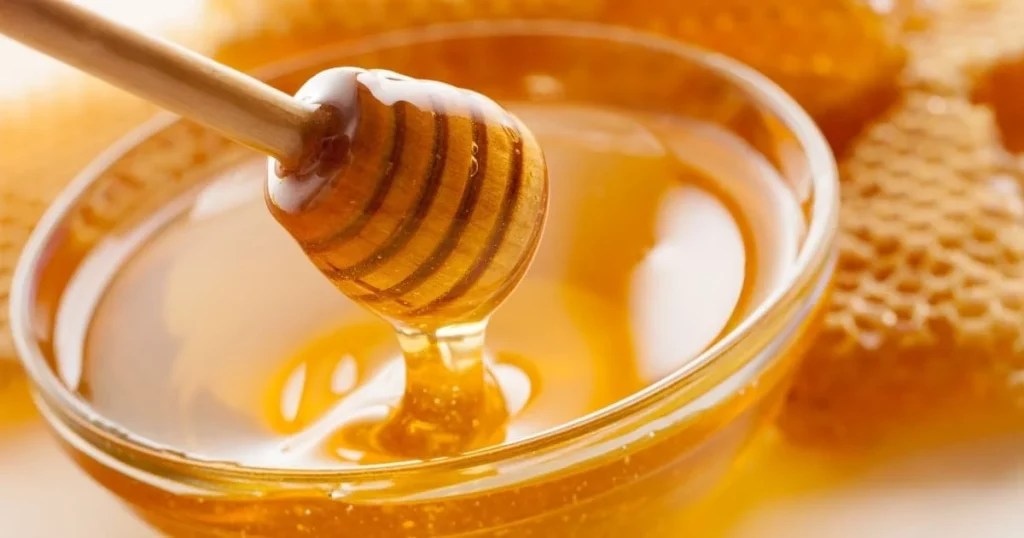One benefit of eating honey is that it could increase your insulin level and help control your blood sugar. During your Medications and Diet you can have some portion of Honey, It will be very effective to get rid from Diabetes.
Replacing sugar with honey can also be beneficial, considering how honey is a source of antioxidants and has anti-inflammatory properties. Medication you can start from Glucofort.com.
A diet rich in antioxidants can improve how your body metabolizes sugar, and the anti-inflammatory properties in honey could potentially reduce diabetes complications.
Inflammation can lead to insulin resistance, which is when the body doesn’t respond properly to insulin.
How does Honey Affect Blood Sugar?
Being a carbohydrate, it is expected that honey is going to impact blood sugar levels when consumed. However, when compared to other sugars, it may have less of an impact.
One study observed the glycemic effect of honey compared to glucose in people with type 2 diabetes, measuring participants’ blood sugar levels at one and two hours after ingestion. Researchers found that with honey, blood sugar levels peaked at one hour, followed by a decline.
At two hours after ingestion of honey, blood sugar levels were lower than at the first hour. On the other hand, blood sugar levels with glucose ingestion were higher than with honey in the first hour and continued to rise even in the second hour.
Because honey exhibited a shorter peak in blood sugar levels, it can be suggested that honey has a lower glycemic effect than glucose. However, more research is needed to verify this claim.
What is Honey?
Raw honey starts out as flower nectar. After bees collect the nectar, it naturally breaks down into simple sugars, which bees store in honeycombs.
The honeycombs cause the nectar to evaporate, creating a thick, sweet liquid. This is honey.
Honey, like other types of sugar, is a dense source of carbohydrates. Most of these carbs are in the forms of glucose and fructose, which are simple sugars.
Unlike refined white sugar, honey also contains vitamins, minerals, and antioxidants.
Are There Risks To Eating Honey If You Have Diabetes?
Keep in mind that honey is sweeter than sugar. If you substitute honey for sugar, you only need a little.
Because honey can affect blood sugar, avoid it and other sweeteners until your diabetes is under control.
Honey should be consumed in moderation. Speak with your healthcare provider before using it as an added sweetener.
If your diabetes is well-controlled and you want to add honey to your diet, choose pure, organic, or raw natural honey. These types are safer for people with diabetes because all-natural honey doesn’t have any added sugar.
However, pregnant women and people with compromised immune systems shouldn’t consume raw honey, as it’s not pasteurized.
If you purchase processed honey from a grocery store, it may also contain sugar or syrup. The added sweetener can affect your blood sugar differently.
Easy To Overdo It
Because honey has no fiber, fat, or protein, and it’s extremely sweet and good tasting, it can be easy to overdo it, so you need to be careful with proper portion sizes.
One serving of honey is a single tablespoon, but it can be easy to eat 3 or 4 times that much in a single sitting!
While honey has many healthy properties, eating too much can lead to issues, so be careful to eat it in moderation, and limit yourself if you’ve become hooked.
Make sure you’re also only ever eating pure honey, as many off-brands can add table sugars and cheap syrups creating a honey “blend” without the health benefits.
